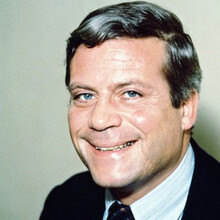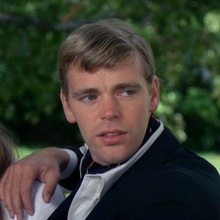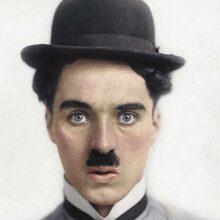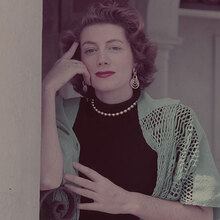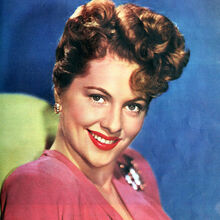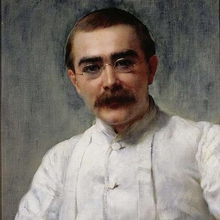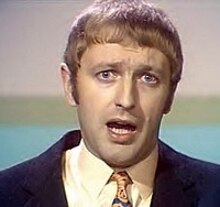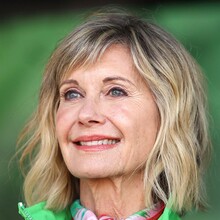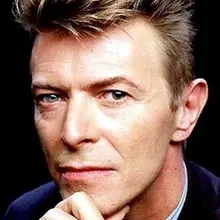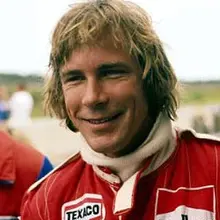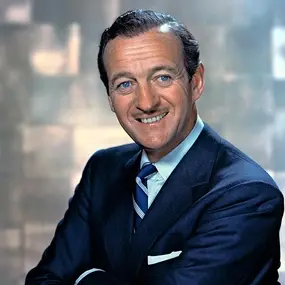
Personal
Other names:
Job / Known for:
Actor and founder of the Rat Pack
Left traces:
The Moon's a Balloon, Bring on the Empty Horses
Born
Date:
1910-03-01
Location:
GB
Belgrave Mansions, London, England
Died
Date:
1983-07-29 (aged 73)
Resting place:
CH
Death Cause:
Motor neurone disease
Family
Spouse:
Primula Rollo (1940-1946), Hjördis Genberg (1948-1983)
Children:
David Jr., Jamie, Kristina, and Fiona
Parent(s):
William Edward Graham Niven and Henrietta Julia Degacher Niven
QR Code:
 My QR code:
James David Graham Niven
https://DearGone.com/10324
My QR code:
James David Graham Niven
https://DearGone.com/10324
Key Ownner:
Not yet supported by key owner
Show More
Rank
Users ranking to :
Thanks, you rate star
Ranking
5.0
1
Fullname
James David Graham Niven
Slogan
We does not determine who is right - only who is left.
About me / Bio:
Show More
Article for James David Graham Niven
Died profile like James David Graham Niven
Comments:
